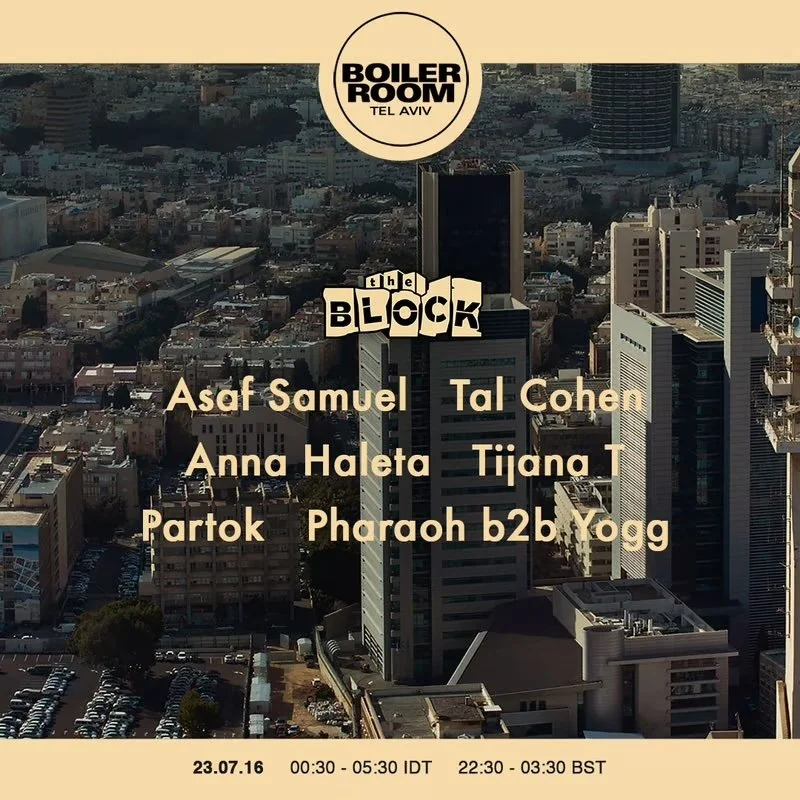Boiler Room's Silent Exit:
The Erasure of Tel Aviv's Beats
by Tyler R. Letren
In a move that has reverberated through the global music community, Boiler Room has discreetly removed all traces of its Tel Aviv performances, including live streams and event archives. This decision follows the platform's acquisition by Superstruct Entertainment, a company under the umbrella of private equity giant KKR. The action has ignited debates about the intersection of art, politics, and corporate influence, leaving Israeli artists and fans grappling with the sudden void.
Yarin Lidor, co-founder of the iconic Kuli Alma club, discovered the purge not through official channels but while updating his own website. "It feels less like a principled stand, and more like a symbolic move to show they're 'clean' in the eyes of their audience," he remarked, highlighting the lack of dialogue surrounding the decision.
Boiler Room's actions come on the heels of its acquisition by Superstruct Entertainment, a company under the umbrella of private equity giant KKR. The platform has openly declared itself "unapologetically pro-Palestine," citing KKR's investments tied to Israeli interests as incompatible with its values. Yet, critics point out the inconsistency, noting that while Israeli content has been scrubbed, performances from Russia, despite its controversial actions in Ukraine, remain accessible.
The move has not only stirred controversy within the music scene but also poses potential challenges for KKR. The firm's co-founders, Henry Kravis and George Roberts, have historically supported Israeli cultural causes, including donations to the Jerusalem Symphony Orchestra. This juxtaposition raises questions about the alignment of corporate values and the implications of such cultural boycotts.
As the beats fade in Tel Aviv, the global music community watches, contemplating the intersection of art, politics, and corporate influence.


